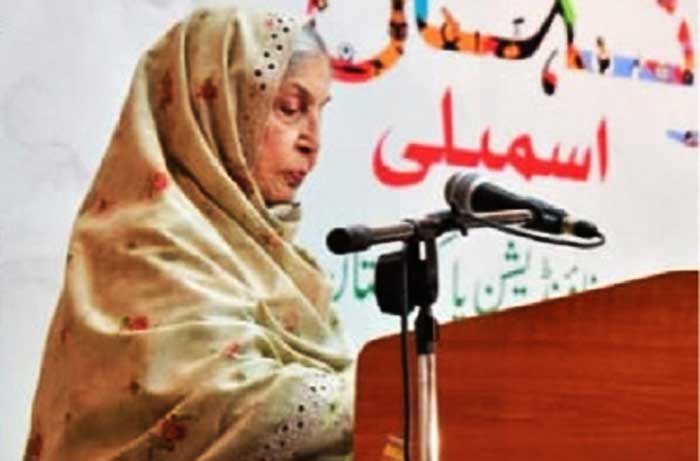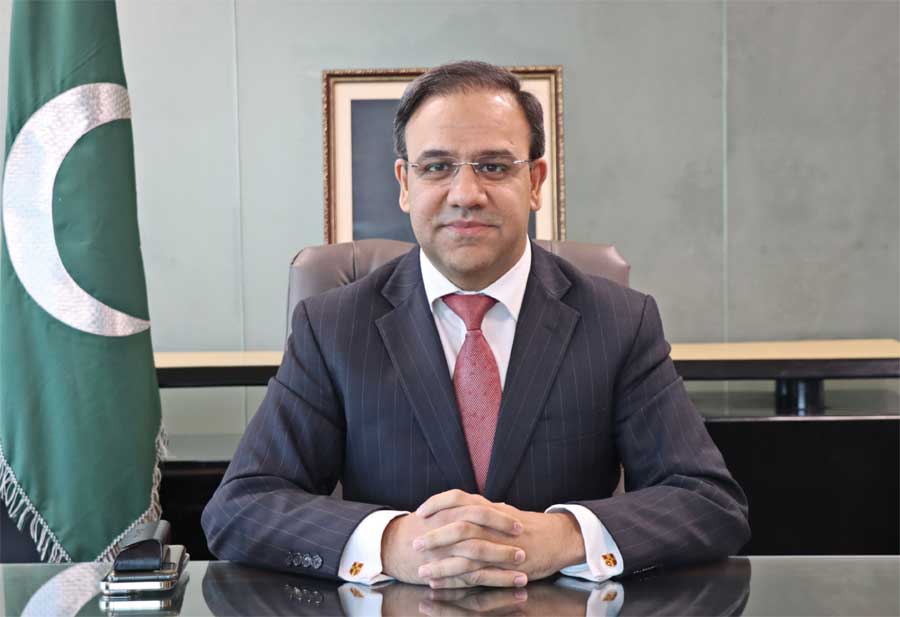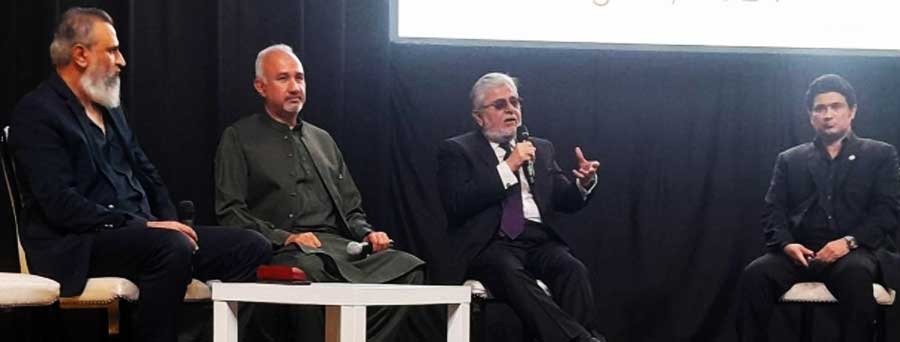KARACHI: The education rate of girls and women in Pakistan is very low compared to other developing countries which are a matter of concern. There are many reasons behind this slackness which are negative social attitudes, lack of educational facilities to girls, poverty and cultural barriers based on outdated and stereotyped ideas etc. We all need to make a joint effort to educate the daughters of our nation, says a Press release.
These views were expressed by Sadia Rashid, President of Hamdard Foundation Pakistan, during his presidential address in the session of Hamdard Naunehal Assembly, Karachi titled “Pakistan’s Daughters Future of Pakistan” held at Baitul-Hikma Auditorium Madinat-ul-Hikma Thursday.
Sadia Rashid said that February 11 is celebrated as the International Day of Women and Girls in Science globally. On this day, by encouraging the participation of women and girls in science and technology, the United Nations has to send a message to the world that equal opportunities should be provided to girls to advance and develop them, and there should be no gender discrimination.
She said: “Our country is now on the journey of development. In such a situation, keeping half of the country’s population, ie women, away from the fields of science and technology means stopping its overall development.” There is a need to encourage girls at all levels to access modern sciences. The media has a great responsibility to play its role in shaping public opinion on this important topic, she added.
Chief guest Prof Dr Yasmin Farooqui said that Shaheed Hakeem Muhammad Saeed had established this great institution Hamdard Pakistan with the sincerity and passion of serving the nation. We have to act and serve our country Pakistan.
The life of Shaheed Pakistan Hakeem Muhammad Saeed is a beacon for all of us, from which we learn the importance and promotion of service and education. The simultaneous teaching of Eastern and Western sciences in Jamia Hamdard and Baytul Hikma Library established by Shaheed
Females education rate in Pakistan is very low, Sadia Rashid tells HNA




